
Lower CD4+ cell counts, HCV genotype 4, and recent injection drug use were linked to unsuccessful DAA treatment in people with HCV and HIV.

Lower CD4+ cell counts, HCV genotype 4, and recent injection drug use were linked to unsuccessful DAA treatment in people with HCV and HIV.

Charlotte Allerton explains how ibuzatrelvir, a second-generation treatment, could reduce drug interactions and taste disturbances compared to PAXLOVID, offering a simplified approach for high-risk patients.
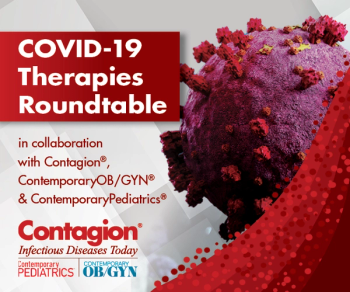
This week the panel weighs in on monoclonal antibodies in this patient population as well as important overall takeaways about COVID-19 therapies.

Jason M Pogue, PharmD, BCPS, BCIDP discussed ceftolozane tazobactam’s effectiveness over ceftazidime avibactam, particularly in pneumonia patients, where it reduced the likelihood of recurrent infections.
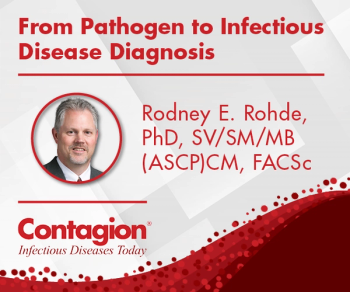
Jose Alexander, MD, ABMM, ABAIM, FCCM, CIC, ASCP, BCMAS, and his team discovered the klebsiella pneumoniae variant, KPC-31, in a patient by sequencing the entire genome through a series of different diagnostics, which not only led to identifying the strain, but to a greater understanding of its antimicrobial susceptibility.
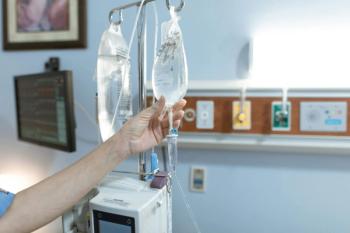
A recent study examined mortality outcomes in hospitalized COVID-19 patients treated with remdesivir and dexamethasone vs dexamethasone alone, using data from the Omicron period.

6.4% of US adults experience Long COVID, with 19.8% reporting significant activity limitations, while the updated RECOVER study refines the classification index.

Randomized controlled trial rates PCR-based molecular testing over traditional culture-sensitivity in guiding treatment of complicated urinary tract infections.
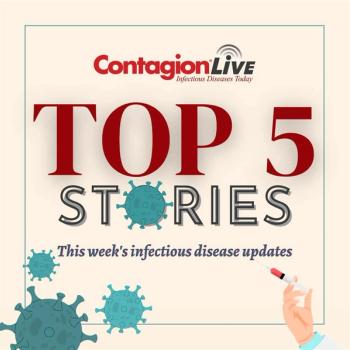
This week, recent studies show progress in healthcare, including an mRNA vaccine for C difficile, the rise of antimicrobial resistance, peer-assisted telemedicine for hepatitis C in rural areas, and more.

During its 2 phase 3 clinical trials, the twice-yearly prophylaxis injection was found to be highly efficacious in preventing infection.
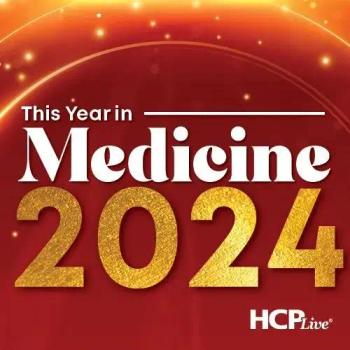
Resistance is expected to worsen significantly, but can a combination of both ground-level clinician stewardship actions as well as systemic reforms such as the Pasteur Act at least slow down the train?

Jason M Pogue, PharmD, BCPS, BCIDP discusses the findings, pharmacokinetics, why ceftolozane-tazobactam may be the preferred choice for resistant infections, and more.

In this week's episode, the panel weighs in on treatments not specifically indicated for COVID-19 treatment, including metformin, and concerns around using medications in this way.

Study shows this could reduce hepatitis C and injection-related infections, with each dollar invested saving $2 in treatment costs.
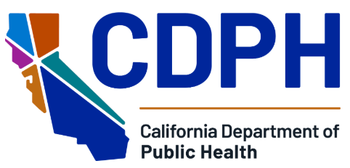
Governor Newsom declares support for state response as bird flu spreads across the US among dairy cows and humans, with California leading the nation in cases.

143 deaths and 592 cases confirmed in Kwango Province, with concerns about treatment access, drug resistance, and more.

Joseph Zackular, PhD highlights targeting high-risk groups for vaccination and shares insights into the future of mRNA vaccine development for C diff.

Patient-centered innovation amidst evolving regulations and policies is a key strategy.

A study found deploying peers with lived experience in illicit drug use increased the rate of people diagnosed, treated, and cured of the disease.

Prenatal antibiotic use may increase the risk of asthma, food allergies, and obesity, underscoring the need for careful antibiotic stewardship during pregnancy.

The PDUFA date is set for early June, and if approved, it would be the first and only single dose immunization for infants regardless of weight designed to protect them for the duration of their first RSV season.

Joseph Zackular, PhD suggests that mRNA vaccines and monoclonal antibodies could offer more effective treatments for recurrent C difficile infections

Joseph Zackular, PhD, shares insights on his team’s mRNA vaccine research for C difficile, highlighting progress in animal models and future plans for human trials.

Vedanta Biosciences offered further insights on its completed phase 2 trial for its novel therapeutic, VE303.
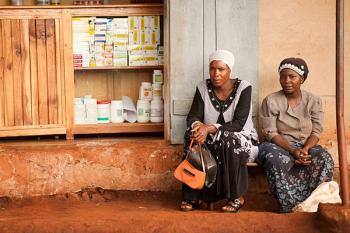
Health officials are investigating an outbreak called "Dinga Dinga," which causes fever and uncontrollable shaking.

In a study evaluating bulevirtide as monotherapy, investigators found the antiviral to be safe and tolerable following nearly a year of treatment.

This week, evolving COVID-19 inpatient care protocols with ECMO and remdesivir, FDA breakthrough designation for a rapid sepsis test, E coli outbreak linked to iceberg and romaine lettuce, and more.

The development of CRMA-1001, a potential functional cure for chronic hepatitis B and D, is set to enter clinical trials in 2025.

Study finds optimal timing of annual COVID-19 booster depends on regional transmission patterns and if/when breakthrough infection has occurred.

P aeruginosa is found in 11.6% of diabetic foot infection cultures from hot, humid climates.